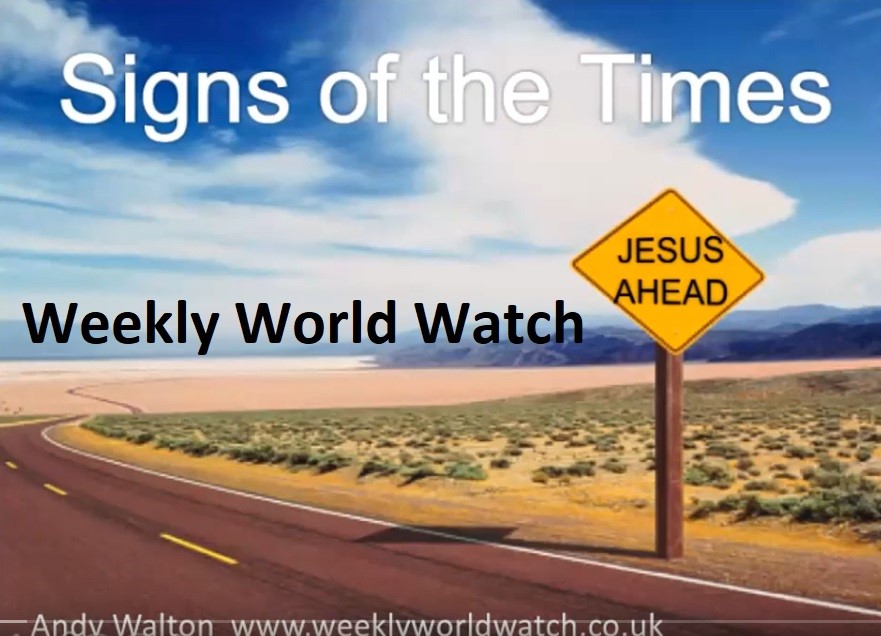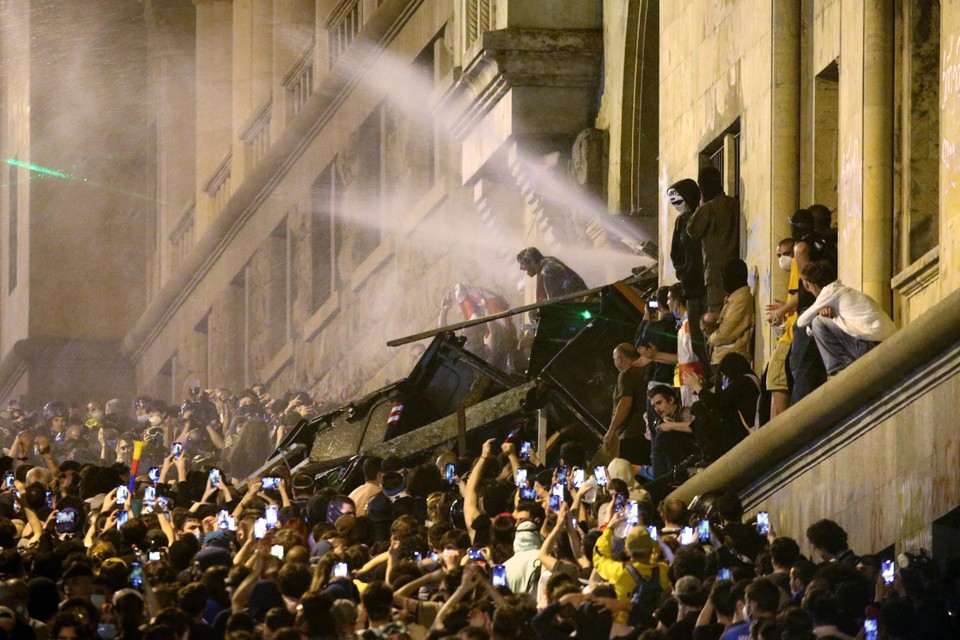In recent weeks, student protests could be seen rearing their heads in many cities.
Appeals to Israel to halt its merciless slaughter of helpless refugees trapped in the city of Rafah in Gaza rang out nationally and internationally the last few days.
But all the cries do seem to have fallen on deaf ears, and the International Court of Justice in The Hague also seems to be in no hurry to hear the war crimes and genocide charges that Israel is clearly engaged in.
It is beyond belief, that Israel continues to bombard one million people stuck in Rafah and has now asked 100.000 to move to ‘humanitarian safe zones’, whilst previously those people lived in those zones and had to flee. Nowhere is safe for the 1.7 million Palestinians trapped there in Rafah.
As we have seen over the past seven months, forcing so many people to move is impossible without serious humanitarian cost, and people will inevitably die as a result of the evacuation.
The blood of the people of Gaza is on the hands of all those governments that allow Israel to continue those atrocities. In fact they must pay not only the political price but also face charges for their complicity.
Communist Party of Britain international secretary Kevan Nelson said Western powers backing Israel, including Britain, through arms sales were complicit.
Madeleine McGovern, humanitarian advocacy adviser for aid organisation Care International UK, said:
“The British government must act urgently to prevent an expansion of military operations in Rafah, which would place 1.5 million men, women and children at unacceptable risk.
“Ministers cannot delay any longer before suspending licences for arms sales to Israel.
“It would be unconscionable for British-made weapons to be used in an assault on Rafah.”
Aid workers of the charity ActionAid are reporting some of the most severe conditions in recent memory with widespread disease, starvation and chaos.
Israeli leaders have described Rafah as the last Hamas stronghold and have repeatedly said the invasion is necessary to defeat the group.
More than once we heard after a fierce attack on hospitals that such an attack was necessary to bring down one of Hamas’ main leaders and strongholds, yet now another major stronghold would have to be targeted.
Activist, journalist and historian Vijay Prashad slammed an all-out Israeli attack on Rafah as “outrageous,” describing it as
“nothing other than genocidal terrorism.”
And Margaret Kimberley, the executive editor of Black Agenda Report, condemned Israel’s actions as
“war crimes and genocide.”
She said:
“The complicity of Western nations in committing these crimes makes claims of democracy and civilisation a complete sham.”
Agreeing with Ms Kimberley, activist Sarah Wilkinson said:
“We are watching a genocide livestreamed into our phones.”
In doing so, one might ask how long Europeans are going to allow such scenes to happen and not demand a clear condemnation from their government.
While ordinary citizens can boycott all Israeli products as consumers, it is notable that not many Israeli products end up on shop shelves these days anyway.
Egypt and Qatar have been already mediating for months of talks between Hamas and Israel and Hamas had accepted a ceasefire deal proposed by Egypt and Qatar, but Israel did not want to know of it.
Share this - Deel dit met anderen:












